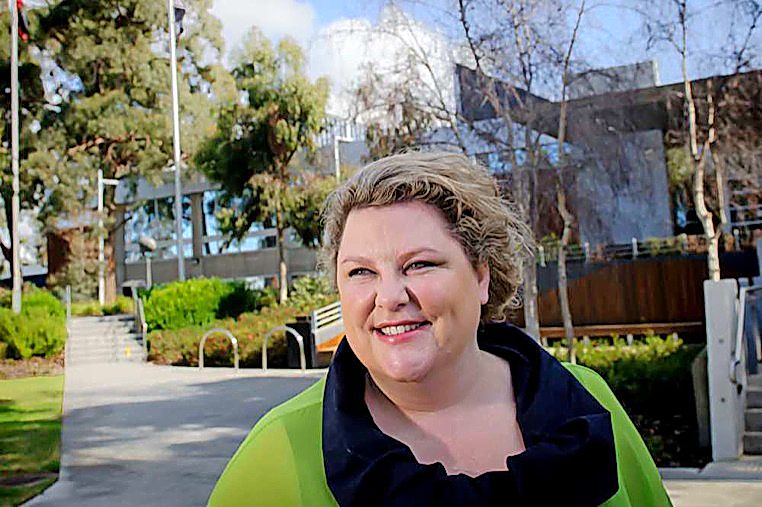After three years as community development director, new Wyndham chief executive Kelly Grigsby is all too aware of the council’s challenges and opportunities. The Geelong resident tells Star Weekly’s Charlene Macaulay about her plans.
Why did you put your hand up for the top job?
I just think I can make a real difference to Wyndham.
One of the things that makes me different to some local government people is that I have actually managed all the council portfolios – I’ve managed engineering, I’ve got a planning background as well.
I have a very good operational understanding of the business itself and how we can look at the whole community, not just segments of it.
How long is your contract and what are you being paid?
I’m on a four-year contract with a total package of $370,000 that includes super and a vehicle. That’s quite a bit less than the previous chief executive.
Do you have a five-year plan?
The local government sector is facing a range of challenges. We have to be able to enhance productivity, we have to be able to deliver best value to the community and we’re also dealing with some of the challenges that rate-capping is likely to bring.
My focus will be to ensure Wyndham is best placed to handle all these challenges.
With such a growing municipality, we need to make sure we’ve got really clear plans in place for each of our key local areas. If we don’t, things will get missed and we won’t be able to plan appropriate services or infrastructure to create those liveable communities. We also need to work really closely with communities as they change and transition.
That’s really been my drive and motivation in applying for the role. I was really confident I had a clear sense of what we needed to achieve and how we could put our foot on the accelerator and really make a difference over the next five years.
How does Wyndham compare to the other council areas you have worked in?
Wyndham is amazing because it is a growth municipality and, in terms of comparison, that’s the point of difference.
Wyndham has the opportunity to potentially lose sight of some of our existing communities. There’s so much focus on what’s usually termed the growth fronts, that there’s a risk of not looking at the urban renewal community opportunities we have.
Werribee’s a huge focus for me, and what we can do with the CBD and how we can really make that the capital of the west. Part of that will mean that we’ll plan, and take to market, some really significant opportunities for public-private partnerships to really get the level of investment in Werribee that we need to see for the future.
There are also other parts of the municipality, more established areas like Wyndham Vale and Hoppers Crossing, where we’ll look at the renewal of important community assets.
One of the other key things I’m introducing, that has been on council’s agenda for a little while, is to create what we’re calling mini town halls.
Wyndham council has delivered some big- ticket items in recent budgets, including AquaPulse, Eagle Stadium and Encore. Can residents expect more of the same?
Yes, they can. Our focus will be on ensuring we partner with government, both at a local and federal level, to deliver essential community infrastructure like those projects, but also looking at dealing with the private market as well. We certainly have some exciting projects in the pipeline and some of those we’ll be talking about early in the new year.
What do you see as some of the challenges and opportunities facing Wyndham?
The challenge is the growth, and managing that in a way that maintains the amenity and what people value about their local community. The role we play in that is to make sure we’re always a step ahead in that growth and that hasn’t always been the case in the past.
The other challenge will be managing to deliver on the expectations that communities have when they buy into estates. Sometimes, the developers over promise and under deliver, so our job is to make sure we work with high-quality developers to ensure we’re providing enough support to them to deliver a really good quality outcome.
Another challenge is the pressure on local government with rate-capping. That’s going to require us to really look at things differently as a growth council.








